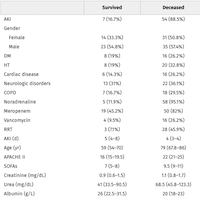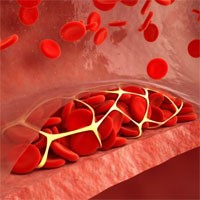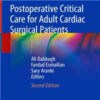Dopamine Antagonists in ICU Delirium
nejm.org
Perhaps the most vexing problem in a patient in an intensive care unit (ICU) is an unexpected change in mental status. Historically, “acute encephalopathy” was the term used to encompass such alterations, but “delirium” is now used to describe this state.
The Oxford English Dictionary defines delirium as “an acutely disturbed state of mind characterized by restlessness, illusions, and incoherence that are occurring in intoxication, fever, and other disorders”; this was the concept based on the prototype of delirium tremens.
With the Diagnostic and Statistical Manual of Mental Disorders, fourth edition (DSM-4), the definition of delirium was expanded to “disturbance of consciousness and a change in cognition that develop over a short period of time,” omitting the original flavor of agitation that characterized delirium tremens.
In the DSM-5, the central aspects of delirium became a disturbance of attention and awareness, further shifting focus to almost any form of disordered thinking. Assessments from scales that rate the level of consciousness, and possibly disordered thinking, in patients in the ICU may be combined to suggest the presence of “hypoactive” delirium, which is a state of acute apathy — the obverse of the original meaning of the term delirium. This categorization of delirium as hypoactive or hyperactive has implications for both treatment and clinical trials.















